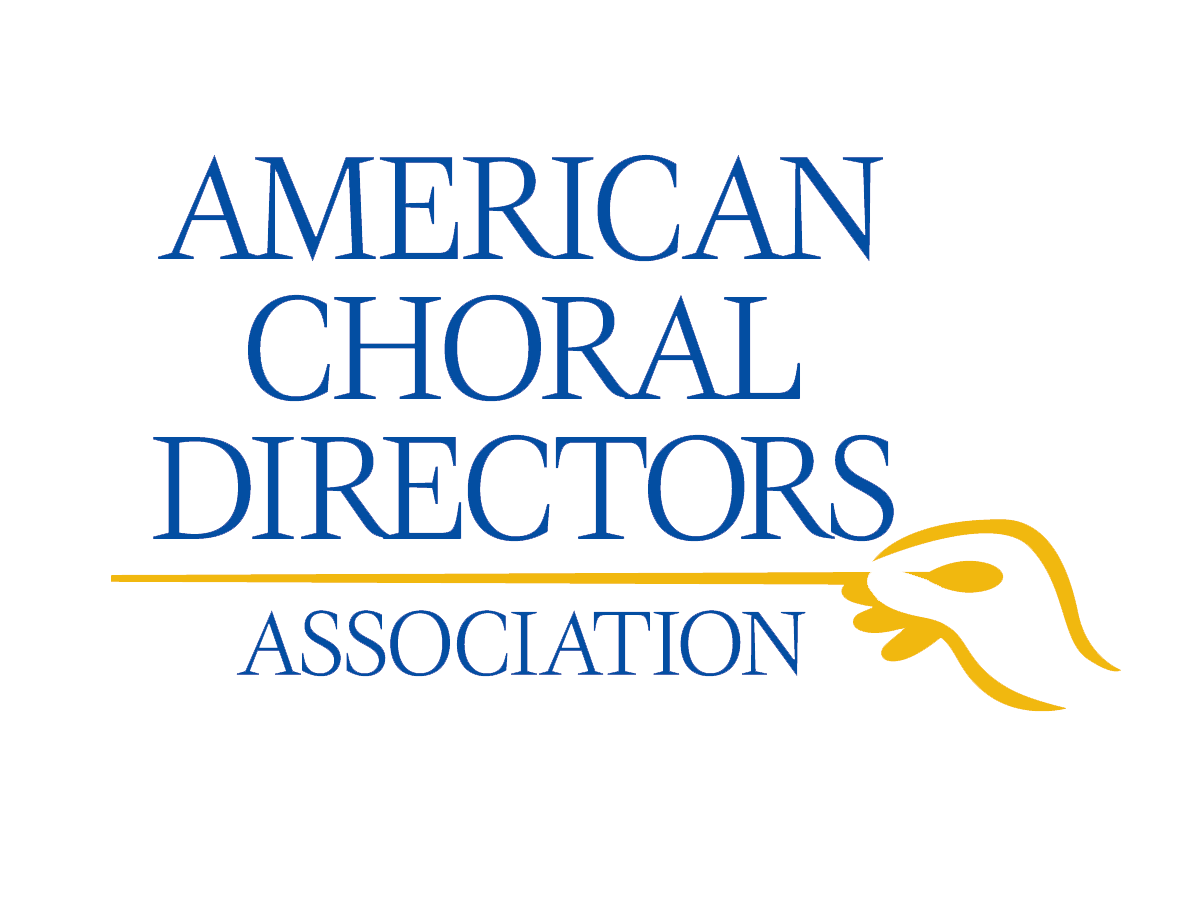Working from the musical context of a recently published concert version of Bernstein’s Mass, the session will demonstrate how to widen social boundaries, encourage musical diversity, and build community through the use of a uniquely American repertoire that links sacred and secular, pop and concert, gospel and jazz.
Sample Page
Interpretation and Performance Practices in Latin American Choral Music
“Phrasing with your heaps,” or how to study, rehearse, and perform choral Cuban son, Caribbean bolero, vocal adaptations from the Krao Indians in Brazil, Andean tonada and cueca, Venezuelan joropo, and the Pan-American salsa. These styles comprise the repertoire of the 2012 ACDA Eastern Division Latin American Honor Choir.
Individualized Assessment in the Choral Ensemble
This professional development session will provide both a philosophical rationale and practical suggestions for incorporating individualized assessment within the choral ensemble. It is designed for teachers and teachers’ educators. In order to increase accountability for the individual musical development of students, teachers need to explore various methods for assessing student progress and evaluating their own […]
I Can’t Believe I Said That! … or How Do We Speak to Our Singers?
This discussion will allow conductors to increase their self-awareness of how they might come across to those in front of them, and how to turn around negativity into positive and constructive statements for more effective interpersonal relationships with our singers. Discussion topics will also include professional ethics and jealousy. This panel discussion will include conductors […]
The Hows and Whys of Therapeutic and Service Choirs
This panel discussion, led by Jason Thoms, is on therapeutic and service choirs. This session will include discussion of music’s effect on the brain, and what we can do as choir directors to provide “healing” opportunities to our singers and audiences. The discussion and information provided will also assist directors in beginning new choirs for […]
How to Make a Strong Case for the Value of Choral Music Education
Singing in choir helps students succeed, but school choral programs are under siege. That is why Chorus America has developed “Making the Case for Your School Choir: An Advocacy Guide.” This interactive session will provide practical tools and comprehensive data to help K–12 choir directors pro-actively advocate for choral music education.


